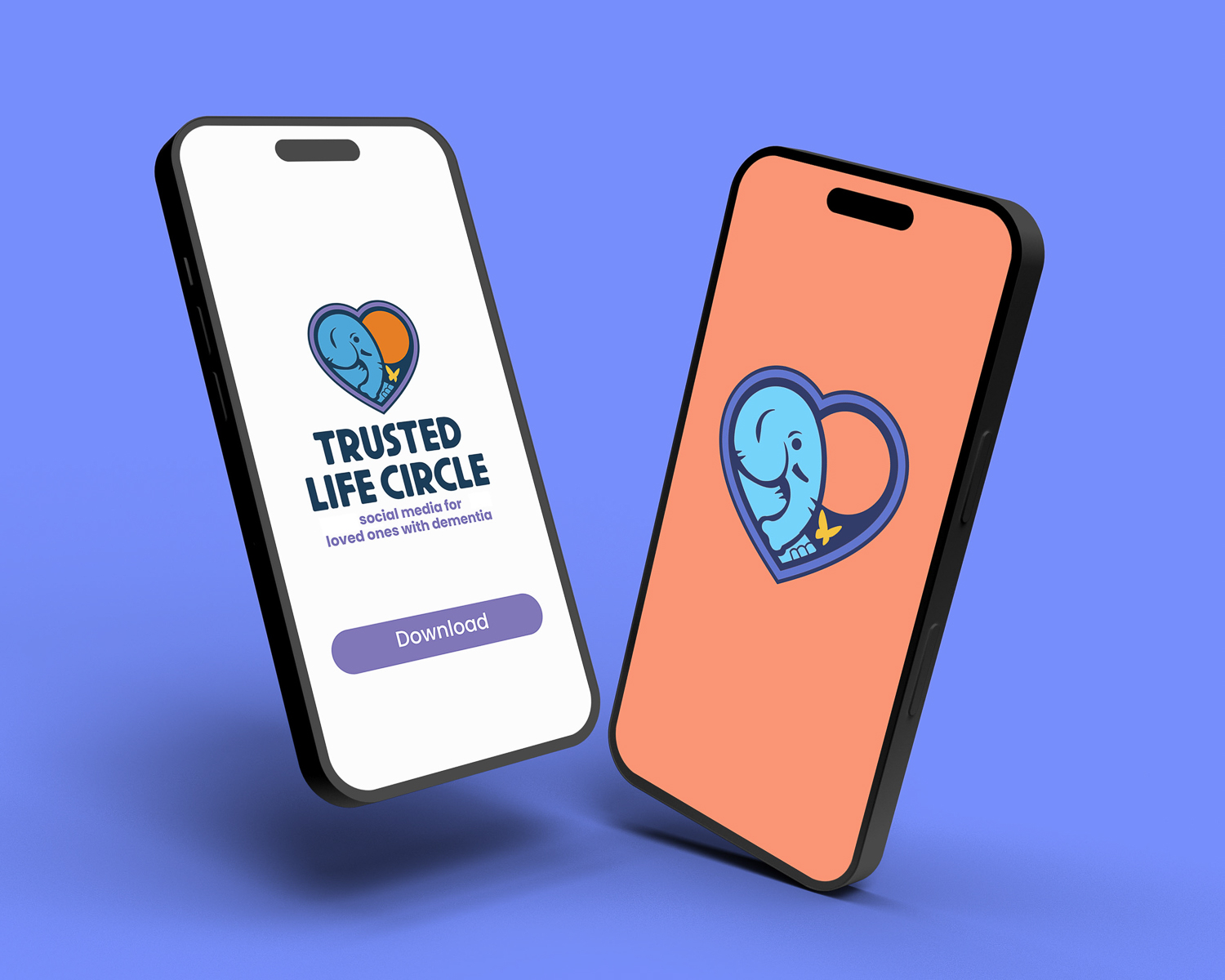
How Smartphones Help or Hurt Seniors with Dementia
Introduction: Smartphones and Dementia – A Growing Concern
Smartphones have become a part of daily life for millions of seniors. Baby Boomers, in particular, have used smartphones for years to stay connected with family and friends. However, as dementia progresses, these once-familiar devices can turn into both a helpful tool and a source of frustration.
On one hand, smartphones provide opportunities for connection, memory stimulation, and independence. On the other, they introduce risks such as confusion, accidental calls, and digital scams. Despite their widespread use, smartphones are not designed for cognitive decline. As dementia cases rise, technology must adapt to meet the needs of an aging population.
Let’s explore how smartphones help and hurt seniors with dementia, and what needs to change to create a safer and more effective experience.
The Benefits of Smartphones for Seniors with Dementia
Despite the challenges, studies suggest smartphones offer valuable benefits for people with dementia. When designed with accessibility in mind, they become useful tools for engagement and well-being.
1. Helping Seniors Stay Connected
Social isolation is a major concern for people with dementia. According to the Alzheimer’s Association, nearly 40% of those diagnosed feel disconnected from loved ones. This lack of interaction can worsen cognitive decline over time.
Smartphones help by allowing seniors to:
- Receive photos and videos from family and friends.
- Join video calls, reducing feelings of loneliness.
- Stay engaged in group messages, helping them feel included.
When communication is simple and structured, smartphones create meaningful social connections that improve well-being.
2. Supporting Memory & Recall
Many seniors use smartphones as a memory aid. For people with dementia, this is especially important.
- Photo galleries help trigger recognition of family members and past events.
- Music apps provide comfort, as familiar songs can boost mood.
- Voice memos or reminders assist with daily routines, like taking medication.
When designed well, smartphones reinforce memory recall and provide a sense of stability.
3. Encouraging Independence
Seniors often resist giving up their smartphones because they represent freedom and independence. Even with dementia, they still want to feel in control of their day.
- Voice commands allow them to call loved ones easily.
- Reminders help manage daily tasks, keeping them on track.
- Apps designed for cognitive support offer engagement and stimulation.
With the right features, smartphones can support independence rather than take it away.
The Risks of Smartphones for Seniors with Dementia
While smartphones offer benefits, they also create challenges. Without proper safeguards, they can lead to confusion, frustration, and even security risks.
1. Digital Confusion & Overload
Smartphones are built for tech-savvy users. Unfortunately, their complex interfaces can overwhelm someone with dementia.
- Changing layouts and updates make navigation difficult.
- Endless scrolling on social media can cause frustration.
- Too many notifications can create stress and lead to avoidance.
Unlike younger users, seniors with dementia struggle with new technology changes, making them feel disconnected rather than engaged.
2. Accidental Calls & Digital Risks
For people with dementia, a smartphone can be a security risk. Without clear boundaries, they may:
- Make accidental calls to random contacts.
- Fall for online scams, giving away personal information.
- Subscribe to paid services without realizing it.
These mistakes can cause financial loss and unnecessary stress.
3. Lost Social Opportunities
Although social media connects people, it often fails dementia patients.
- Fast-moving feeds bury important updates.
- Group chats become confusing.
- Notifications can be overwhelming.
Instead of bringing people together, traditional platforms may increase isolation and frustration.
What Needs to Change? Making Smartphones Dementia-Friendly
Smartphones are not built for cognitive decline. With Baby Boomers reaching the average age of dementia diagnosis, it’s time for change.
1. A Simpler Social Experience
Instead of cluttered interfaces, apps should provide:
- A distraction-free environment with no ads.
- A familiar, repetitive layout to reinforce comfort.
- A structured feed that delivers content in a clear, easy-to-read way.
A well-designed dementia-friendly platform can help users feel in control rather than overwhelmed.
2. Caregiver Oversight & Security Features
To keep seniors safe online, caregivers need tools to:
- Limit access to risky settings and prevent accidental calls.
- Monitor engagement to see how often the app is used.
- Set reminders and customize notifications based on individual needs.
With the right caregiver features, smartphones can become safer and easier to use.
3. Seamless Assistive Access
Apple’s Assistive Access Mode helps simplify smartphone use. However, it doesn’t address social engagement needs. A better system would:
- Prioritize communication with familiar contacts.
- Encourage meaningful interactions.
- Limit distractions while maintaining engagement.
Smartphones need to be more than just simplified—they need to be optimized for dementia care.
The Future of Dementia-Friendly Smartphone Design
With dementia rates increasing, smartphone technology must evolve. A well-structured, caregiver-guided experience would allow seniors to stay connected and engaged safely.
How Trusted Life Circle (TLC) Is Solving This Problem
At Trusted Life Circle (TLC), we’re designing a dementia-friendly social platform that:
Preserves connection while simplifying smartphone use.
Eliminates digital risks with caregiver-guided features.
Creates a structured, familiar environment for stress-free interaction.
Dementia should not be a barrier to connection. Technology can and should adapt to serve those who need it most.
Learn more about TLC and how we’re making digital connection accessible for all.
Join the TLC Beta Launch
Help Shape the Future of Dementia-Friendly Smartphone Connection
We’re inviting Beta users to test TLC before its full launch—a revolutionary social app designed to keep individuals with dementia connected safely and intuitively.
Enter your information below for updates on our upcoming Beta Launch
Why Join?
Be the first to experience TLC before its public release. Shape the app with your feedback to make it even better. Give your loved one a structured, dementia-friendly way to stay connected. Sign up today and start your Trusted Life Circle.
